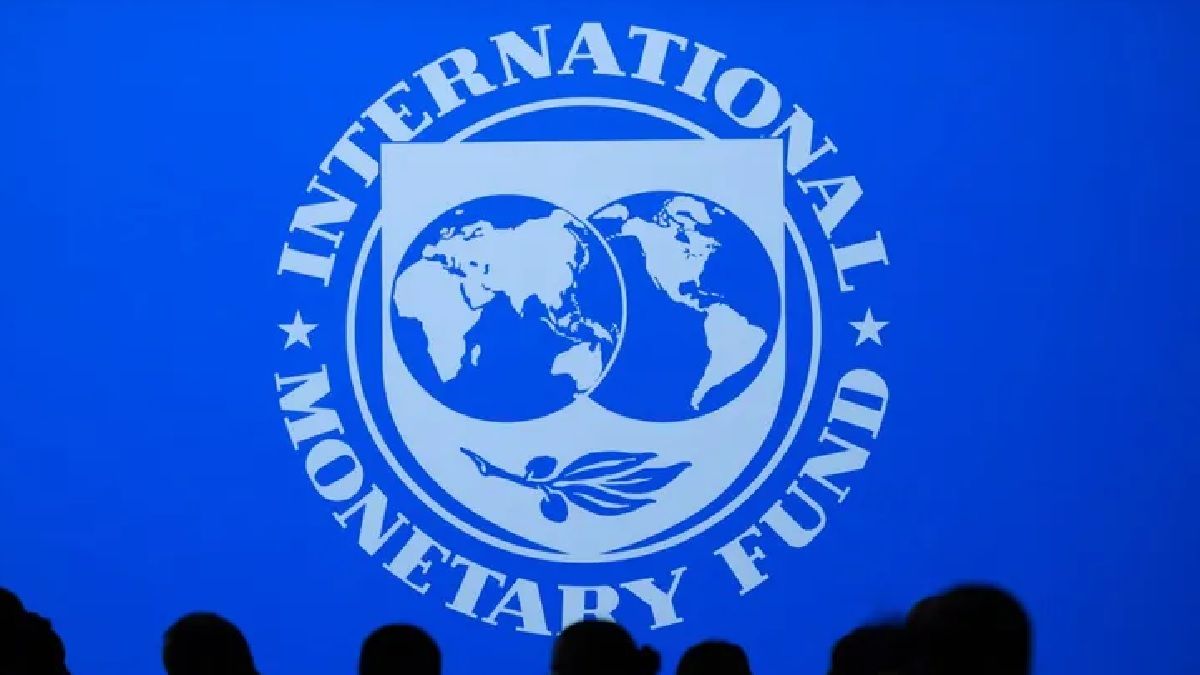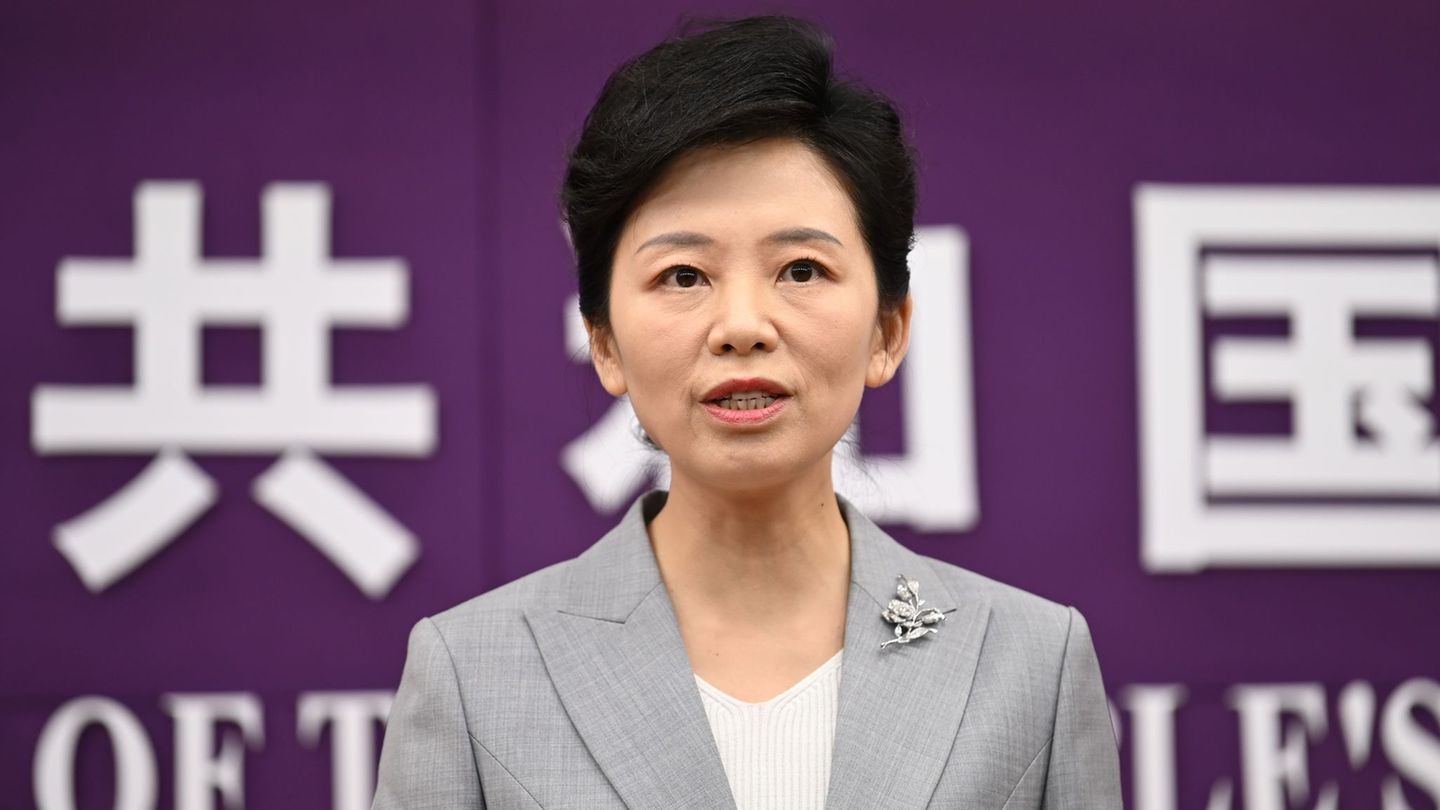Against the clock, the economic team continues negotiating with the technicians of the International Monetary Fund a reformulation of the Argentine program. Official sources pointed to Ambit that have been achieved progresssuch as the coincidence in applying intervention policies in situations of exchange stress.
Although there is optimism in the Palacio de Hacienda that an understanding will be reached, the existence of a certain delay is also recognized. News from Washington indicates that the technicians of the IMF have not yet managed to find a fully satisfactory formula for the reformulation of the Argentine program.
In this regard, they point out that the positions within the Fund’s Board of Directors are diverse. The representatives of Japan, for example, are considered to be “hard” in the face of Argentina’s non-compliance and point out that preferential treatment could mean a bad precedent for other countries that have agreements with the IMF.
For their part, the The United States has repeatedly stated that it is willing to help Argentina, but for the moment they seem to continue to leave the resolution of the problem to the technical staff. There is a different situation, they remember in the North American capital of what happened with the credit to Mauricio Macri, when the administration of another former president, Donald Trumpbroke all the molds of the Fund and caused a loan of an unprecedented magnitude.
In this context, maintain those who know the bureaucracy of the Fund, the tendency of the technicians is to be very careful and, therefore, delay the time of the agreement. In this regard, they recall that more than one agency official lost his career due to the failures of the plans applied in Argentina.
The problem is that time is pressing. The country lacks foreign exchange reserves and in July the activity in the Fund begins to fall, in what is the prelude to the recess of the summer vacations (boreal) in August. Some international analysts speculate that perhaps the Board of Directors can postpone the decision on the Argentine program until after the PASO and that, at the most, it allows deferring some payment to the organization, something that would be insufficient given the lack of foreign currency that the country faces.
Meanwhile, the minister Massa maintains contacts with important officials of the White House to achieve, as quickly as possible, concrete support from the United States in the Fund.as indicated in the Palacio de Hacienda.
One element to take into account for the purposes of the negotiation is that Massa keeps both the president and Alberto Fernández as the vice president, Cristina Fernández on the progress of the talks and that officials from the Ministry of Economy are holding meetings with Kirchner leaders such as Axel Kicillof and Augusto Costa.
flexible
In the Ministry of Economy they emphasize that the Fund is having a much more flexible attitude in the application of policies in relation to its past. This change was particularly reflected in a document prepared by the agency in October 2020, “Towards an integrated policy framework” (Towards an integrated policy framework) that it was approved, among other economists, by Gita Gopinathcurrent deputy director of the organization and the official with whom Massa directly negotiates the reformulation of the Argentine program.
In that paper it is pointed out that “the appropriate use of foreign exchange intervention, macroprudential measures, and capital flow management measures in the face of financial frictions and disturbances can improve the autonomy of monetary policy in addition to contributing to financial stability.” In other words, unlike in the past, the Fund now endorses, under certain circumstances, interventions in the exchange market arguing that “These tools reduce the need for monetary policy to respond to external shocks and allow it to focus on domestic objectives.”
The paper notes that “if currency markets are shallow and currency intervention has tractionintervening against surges in inflows/outflows reduces excessive volatility of the exchange rate and interest rate premiums.
This benefit may be greater, he argues, if inflation expectations are less anchored. He adds that currency sales during stressed depreciation episodes can ease binding foreign borrowing restrictions.
It also argues the flow management (control) measures applied in times of crisis “they can attenuate the pressures on the exchange rate derived from the relaxation of the monetary policy and help to preserve the financial stability”. And that this use of capital flow management measures may be more attractive for countries where the stock of reserves is limited, or where the shock is very persistent and sustained exchange rate intervention would imply large losses of reserves.
Although for the Fund this type of measure does not replace what the organization considers to be solid policies (sound police), the attitude of the body has changed significantly and is much more flexible in relation to the rigid policies of economic liberation and reduction of the role of the State that he advocated during the 90s under the umbrella of what came to be called the Washington Consensus.
Source: Ambito




